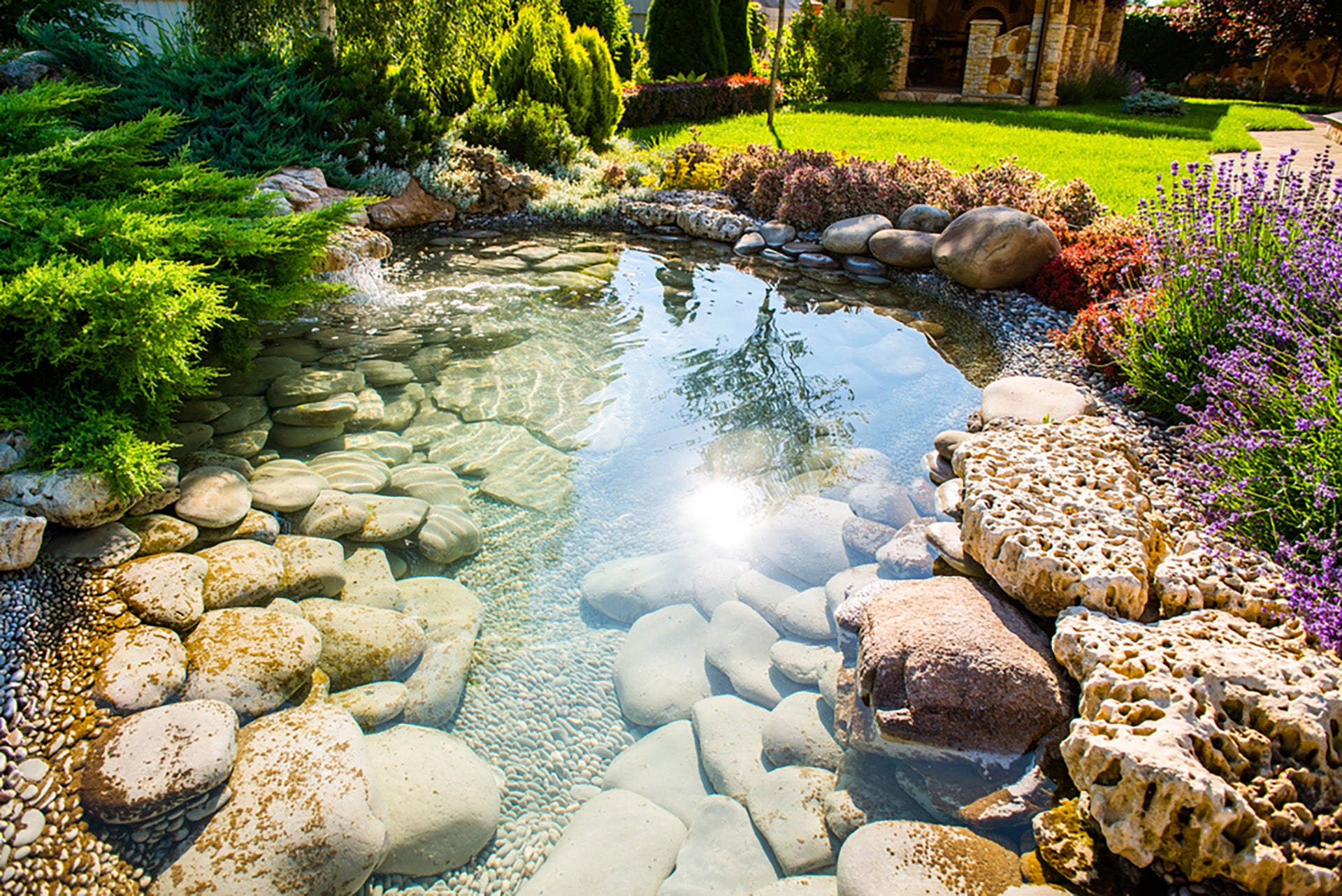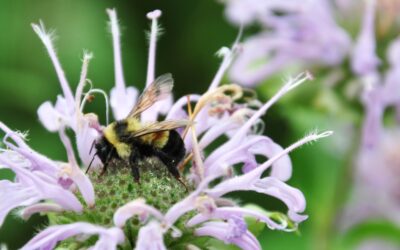With smart water devices, you can prevent in-home floods, reduce your water use, and save. A lot.
Outdoors

Who doesn’t want their yard to be a welcoming oasis? Still, for the majority of homeowners in the U.S., that means manicured grounds of the greenest grass. In our efforts to get that perfectly pruned look, homeowners in the U.S. are having a significant negative impact on the environment. Consider this: 30 to 60 percent of urban fresh water is used on lawns and as much as 50 percent of it is wasted due to inefficient irrigation methods. Homeowners use 10 times the amount of pesticides and fertilizers per acre on their lawns as farmers do on crops. Again, the majority is wasted due to inappropriate timing and application. Plus, the runoff of these chemicals becomes a major source of water pollution. One final startling fact? Each year more than 17 million gallons of fuel are spilled during the refilling of lawn and garden equipment—more than the oil that the Exxon Valdez spilled in the Gulf of Alaska.
Make your outdoor oasis more eco-friendly by considering more sustainable ground covering (like xeriscaping), weighing the possibilities of things like rainwater catchment systems and rainwater gardens, and using water-efficient irrigation techniques. Top it all off with a patio made from permeable pavers and a deck built from reclaimed wood. Maybe consider a natural swimming pond as part of your eco friendly landscaping, too!
Resilience Product Showcase: Make Your Home Safe & Sustainable
Catastrophic destruction due to weather and climate change are expected to increase in intensity and frequency. Find products to improve your home’s resilience.
10 Easy, Low-Maintenance Lawn Alternatives
The developing water shortage crisis in the U.S. has prompted many homeowners to turn to eco-friendly and low-maintenance lawn alternatives. And there are plenty of options—everything from clover and moss to ornamental grasses and flower beds, all sharing eco-friendliness as a common denominator.
Leaf Litter Is Good for Habitat—No Raking Needed
Pollinator gardening means less raking. This spring, let your leaves be. Your yard and your tiny, wild neighbors will thank you for the habitat and food.
A Tête-à-Tête With Women Leaders In Sustainability
With gender equality listed as one of the UN Sustainable Development Goals, we’re highlighting women leaders in sustainability who are ushering in a new era of green. Meet the women who are blazing a trail toward a healthier future through recycling paint, ecological planning and building, and helping businesses contain their environmental footprint.
Trees: A Powerful Tool to Fight Climate Change
Even in cities and suburbs, well-placed trees absorb carbon, and make your home and neighborhood more comfortable, healthier, and less-expensive to live in.

Copyright © 2022 ElementalGreen® and Contributors








